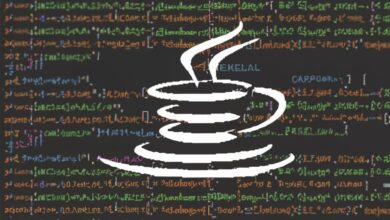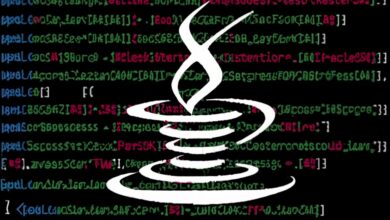
Java (programming language)
Strings In Java
Introduction
Strings are fundamental data types in Java, representing sequences of characters used for storing and manipulating text. They are essential for various tasks, including user interaction, data storage, file handling, and more.
Creating Strings
- String literals: Enclose a sequence of characters within double quotes:
Java
String greeting = "Hello, world!";
- Using the
newkeyword: Explicitly create a String object:
Java
String name = new String("Alice");
String Immutability
- Strings in Java are immutable, meaning their contents cannot be changed after creation.
- Any modification operation creates a new String object:
Java
String message = "Welcome";
message = message + " to Java!"; // Creates a new String object
Common String Operations
- Concatenation: Combine Strings using the
+operator:
Java
String fullName = firstName + " " + lastName;
- Accessing characters: Use the
charAt()method:
Java
char firstLetter = name.charAt(0);
- Finding substrings: Use
indexOf(),lastIndexOf(), andsubstring():
Java
int position = text.indexOf("Java");
String subString = text.substring(5, 10);
- Getting length: Use the
length()method:
Java
int length = message.length();
- Converting to uppercase/lowercase: Use
toUpperCase()andtoLowerCase():
Java
String uppercase = name.toUpperCase();
String lowercase = title.toLowerCase();
- Trimming whitespace: Use
trim():
Java
String trimmed = input.trim();
Comparing Strings
- Use the
==operator to compare references (not content):
Java
if (str1 == str2) { ... } // Compares object references
- Use the
equals()method to compare content:
Java
if (str1.equals(str2)) { ... } // Compares string values
String Methods
Java’s String class offers a rich set of methods for various operations:
- Searching:
contains(),startsWith(),endsWith() - Replacement:
replace(),replaceFirst(),replaceAll() - Splitting:
split() - Formatting:
format() - Parsing:
parseInt(),parseFloat() - And many more!
StringBuilder and StringBuffer
- For frequent string modifications, use
StringBuilderorStringBuffer(thread-safe) to avoid creating multiple String objects:
Java
StringBuilder builder = new StringBuilder();
builder.append("Hello").append(" ").append("world!");
String finalString = builder.toString();
Conclusion
Mastering strings in Java is crucial for effective text manipulation and application development. Understanding their immutability, versatility, and available methods empowers you to work with text data efficiently and create robust solutions.




